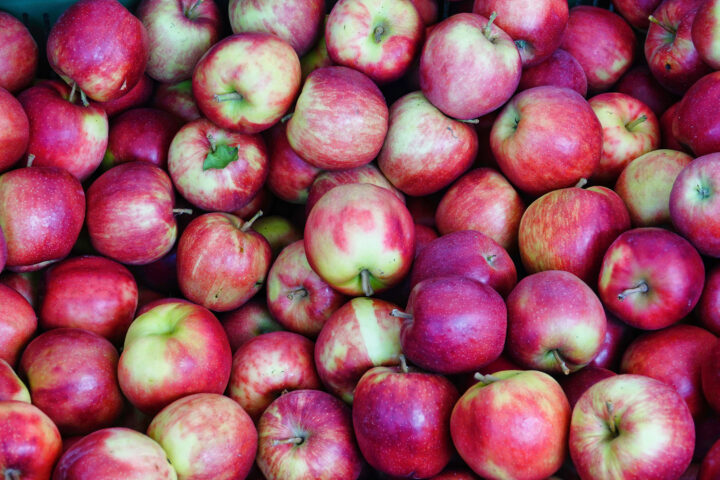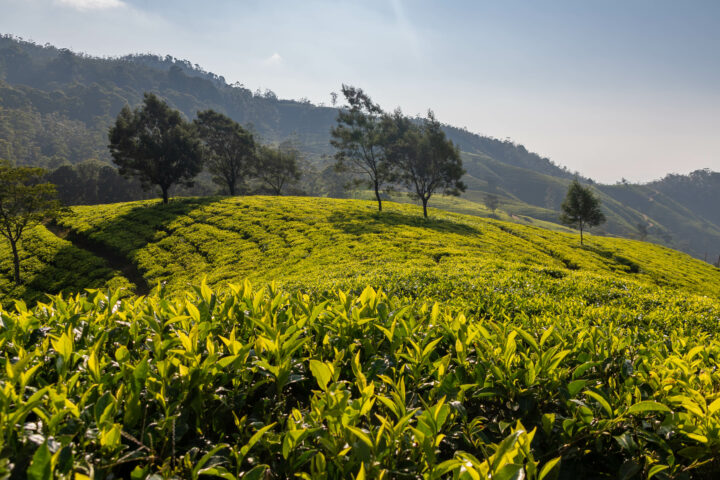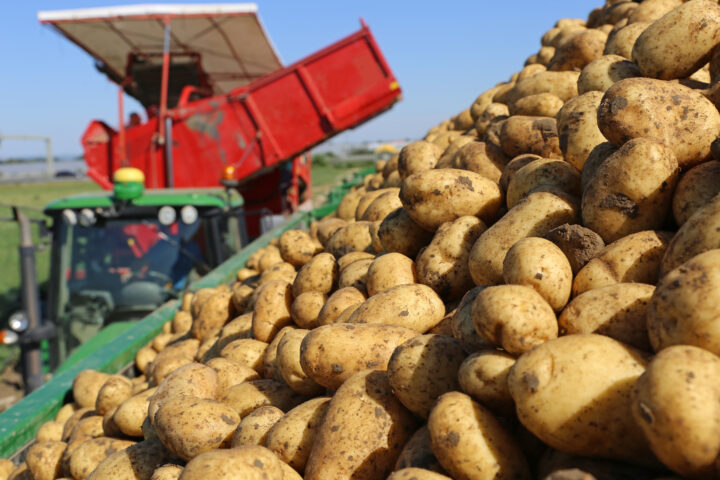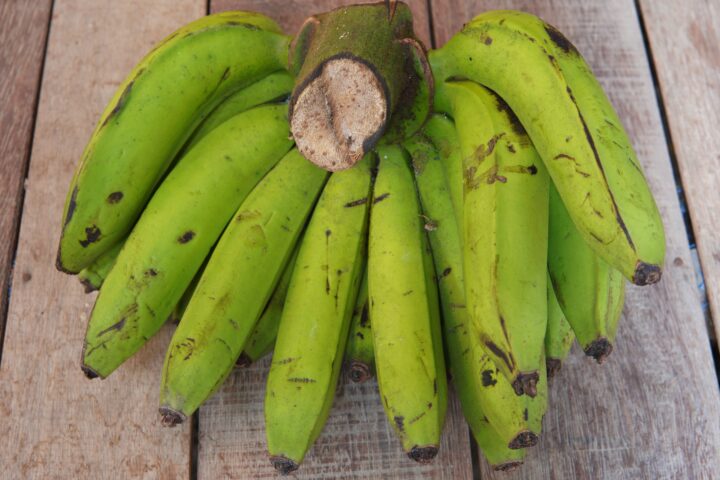
Biotech Breeding in Africa: A New Hope for Small-Scale Farmers
For potato farmers globally, late blight has been a persistent foe. While European farmers battle it, in Africa, the repercussions are often more devastating due to limited resources. Yet, there's newfound hope. Thanks to biotech advancements, Nigerian farmers have, for the first time, reaped a harvest of potatoes resistant to late blight. Given that many in developing nations vulnerable to hunger rely on agriculture, this biotech revolution could herald more consistent and improved yields for small-scale farmers.
Monday, December 5, 2022
In Nigeria, many farmers had forsaken potato farming due to the relentless onslaught of late blight, caused by the Phytophthora infestans pathogen. This changed for farmers like Elder Isaiah Buwah from Plateau State when he witnessed the inaugural harvest of blight-resistant biotech potatoes. This achievement is credited to the combined efforts of the National Root Crop Research Institute (NRCRI) and the Feed the Future Global Biotech Potato Partnership project.
"Salvation for Potato Farmers"
To Buwah, this development is a beacon of hope. "For us in Plateau, this breakthrough is salvation," he asserts. "I'm profoundly grateful to witness this milestone in my lifetime." The preliminary results are promising. Yields from the biotech potatoes soared, achieving 300% more than conventional counterparts. This resistance also hints at economic relief for farmers as there's a diminished need for pesticides. "Enviro News Nigeria" projects that these resilient potatoes might become a mainstay within two years.
Tapping into Biotech's Potential
Around the world, innovative breeds are proving transformative, especially for small-scale farmers in developing regions. Navreet Bhullar of the Institute of Molecular Plant Biology at ETH, for instance, is pioneering nutrient-rich crops. Her team’s rice variant boosts iron, zinc, and introduces beta-carotene, a precursor to vitamin A. Similarly, Zerihun Tadele of the University of Bern is working to enhance the teff grain's resilience, a food staple for most Ethiopians, which can combat crop losses from inclement weather.
According to the 2022 World Hunger Index , many of the 800 million individuals consistently at risk of hunger are farmers. Improved yields can bolster their income and offer them a lifeline, enhancing their overall well-being.
However, challenges remain. Some NGOs have been reticent about plant breeding advancements, echoing Europe's reservations about green genetic engineering. The controversy surrounding Golden Rice is a testament to this. Yet, as the merits of biotech breeding become irrefutable, it's hoped that these reservations will wane.
Trailblazing Breeds in Developing Countries: A Snapshot:
Bt Eggplant:
Harnessing the power of the Bacillus thuringiensis bacterium, an organic pesticide agent, crops have been optimized for pest resistance. This innovation is evident in Bangladesh with the growth of healthier, more abundant Bt-modified eggplants.
Resistant Cassava:
Professor Wilhelm Gruissem's team, through advanced genome analysis, pinpointed a resistance gene against the devastating Cassava Mosaic Disease. Leveraging CRISPR/Cas technology, the potential for a hardy cassava breed is on the horizon.
Salt-tolerant Rice:
A joint venture between the Bangladesh Rice Research Institute and the International Rice Research Institute birthed a rice breed that thrives in high-salt conditions, a boon for regions frequently battling floods.
Golden Rice:
In the Philippines, the groundbreaking Golden Rice harvest has emerged as a beacon of hope. Enhanced with a beta-carotene gene, it addresses the widespread vitamin A deficiency prevalent in many developing countries.
Multi-nutrient Rice:
Navreet Bhullar is pioneering efforts to combat global mineral and vitamin shortfalls. Her team's innovative rice, fortified with iron, zinc, and beta-carotene, stands as a beacon in this vital mission.
Kindly note:
We, a non-native editorial team value clear and faultless communication. At times we have to prioritize speed over perfection, utilizing tools, that are still learning.
We are deepL sorry for any observed stylistic or spelling errors.
Related articles

Where the focus lies in apple breeding
The new head of Agroscope's fruit breeding research group is Andrea Patocchi. In an interview with the trade journal Obst + Wein, he explains where the focus of apple breeding lies today.

Chinese robot picks tea
There is a shortage of tea pickers in China. A robot developed by a researcher is set to remedy the situation and take over the work in future. Thanks to artificial intelligence, the machine can even recognise the shoots of the tea plant. The first harvesting robots are also already being developed in Switzerland.

Potato farmers want robust varieties
As the use of pesticides is to be massively reduced, the potato industry now wants to focus on more robust varieties. The industry has even concluded a target agreement with the federal government. This is ambitious: By 2040, robust varieties are to thrive on 80% of potato cultivation areas.

How genetic engineering is saving the Cavendish banana
The most popular banana variety - the so-called Cavendish banana - could soon disappear due to a persistent fungus. Australian researchers have developed a solution based on genetic engineering.

